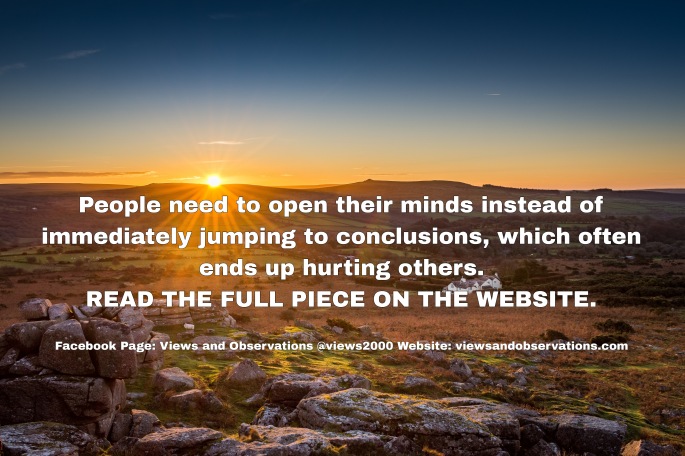Some people find love and romance while others don’t, due to various factors like personality, interests, and outlooks. Connection can be hindered by differences or prejudice. Opening our minds to understanding and accepting others could lead to something beautiful or meaningful, fostering better connections and reducing unnecessary isolation and loneliness. CLICK ON THE LINK TO READ THE FULL ARTICLE.
Tag: shyness
Time to Open Minds and Broaden Horizons
When society rejects you for being different, it can be isolating and painful when people you trust don't believe you. This is common for LGBTQ individuals, introverts, and those with unique interests. People often fear what they don't understand, but opening minds can lead to positive change for all involved. CLICK ON THE LINK FOR THE FULL ARTICLE.


